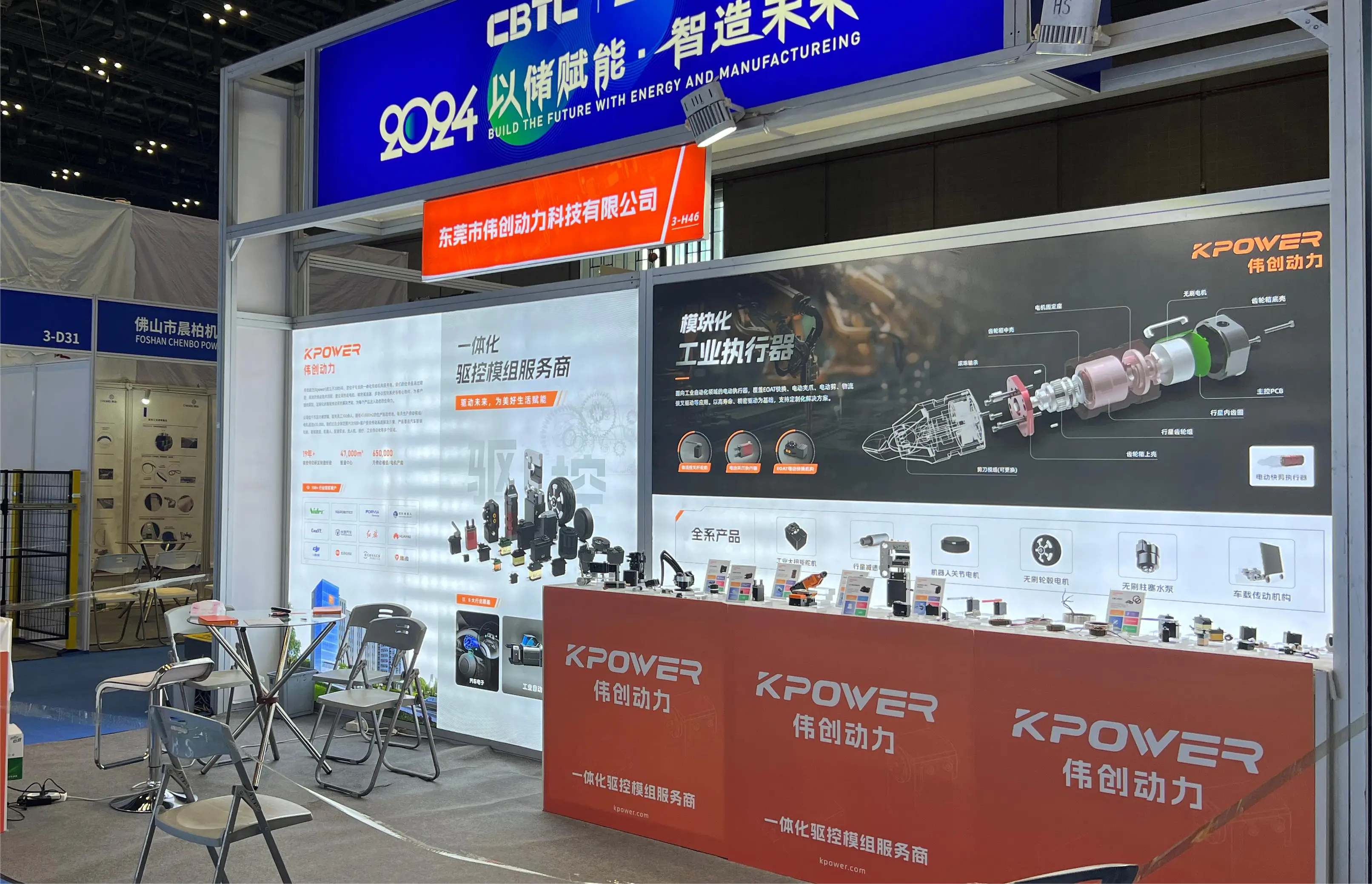Looking to crack that microservice interview? You're not alone. Many tech folks dread those tricky questions that seem to come out of nowhere. But here’s the thing—preparation isn’t just about memorizing the common questions. It's about understanding the core ideas behind microservices, their strengths, their pitfalls, and how they fit into the grand picture of modern software architecture. That’s where a well-structured resource can really make a difference.

Think of it like this: you’re at a party, and someone drops a question about distributed systems. Instead of panicking, you’ve brushed up on components like service discovery, load balancing, and fault tolerance. When you see a question like, "What are the main advantages of microservices over monolithic architecture?" you can confidently say, "Microservices break down complex applications into manageable, independently deployable parts, which helps agility, scalability, and easier maintenance." It’s these tangible insights that make the difference in interviews and real-world applications.
Now, a lot of people wonder about specific technical questions—like how to implement API gateways, handle data consistency, or manage service communication. Those are common, but it's not just about rote answers. It’s about demonstrating a deep grasp of the concepts. For example, understanding why asynchronous messaging is crucial for decoupling services can set you apart. Or knowing how circuit breakers prevent a failure in one service from cascading down the chain shows operational awareness.
What about scenario-based questions? They pop up all the time. You might be asked to design a microservice for a high-traffic e-commerce platform. Knowing how to juggle database choices—SQL vs. NoSQL—based on data consistency needs, or when to choose serverless functions over containerized setups, can make your answers shine. It’s not just theory; it’s about showing practical thinking.
Don’t forget, some questions challenge you to discuss handling failures or rollback strategies. Here, sharing insights into retry policies, fallback methods, or monitoring tools paints a clear picture of your operational mindset. Those details make your responses stand out.
Plus, a resource that’s tailored to interview questions from platforms like InterviewBit can be a game-changer. It’s not just about memorizing answers; it’s about understanding why those answers work, and how they relate to building resilient, scalable microservices. The right prep helps you hit the ground running, without second-guessing your core knowledge.
So, when you're pondering what might come up, revisit core concepts. Think about real-world examples where you’ve seen microservices succeed or stumble. Practice explaining these concepts clearly—because sometimes, just articulating your thought process is more impressive than any rehearsed answer.
In the end, that confidence—knowing you’ve prepared thoroughly—comes through. And every good interview ends with that feeling of “I’ve got this.” Adaptive, solid, knowledgeable—that’s the goal. You’ll want to be ready for those curveball questions, but also to speak passionately about how microservices are shaping the future of software. That’s the magic step from preparation to opportunity.
Established in 2005, Kpower has been dedicated to a professional compact motion unit manufacturer, headquartered in Dongguan, Guangdong Province, China. Leveraging innovations in modular drive technology, Kpower integrates high-performance motors, precision reducers, and multi-protocol control systems to provide efficient and customized smart drive system solutions. Kpower has delivered professional drive system solutions to over 500 enterprise clients globally with products covering various fields such as Smart Home Systems, Automatic Electronics, Robotics, Precision Agriculture, Drones, and Industrial Automation.




































